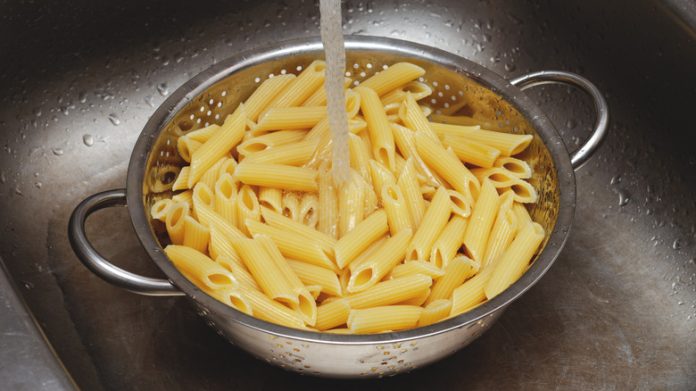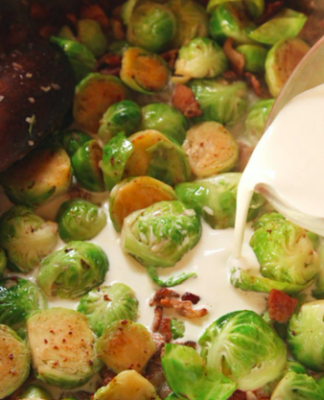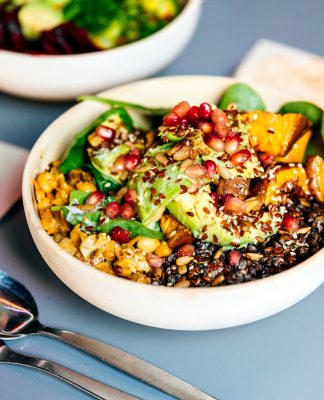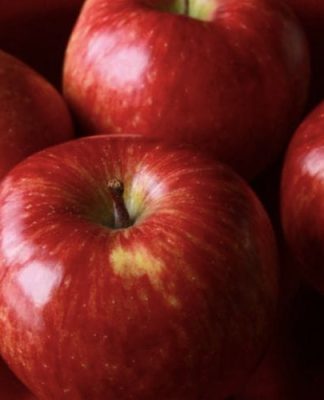Don’t believe these eight cooking myths
Through the years, a lot of cooking myths have surfaced and some have turned out to be rather persistent. Chefs have all developed their own cooking myths throughout the generations. Of course, it’s inevitable that there are some myths in among these methods. When there are so many different ways to prepare a nice and delicious dish, there are also a lot of opinions around. So, it’s high time that we debunk the eight biggest cooking myths once and for all!
To help you get your facts straight, we’re going to reveal eight cooking myths that are completely untrue.
1. Flour doesn’t go bad
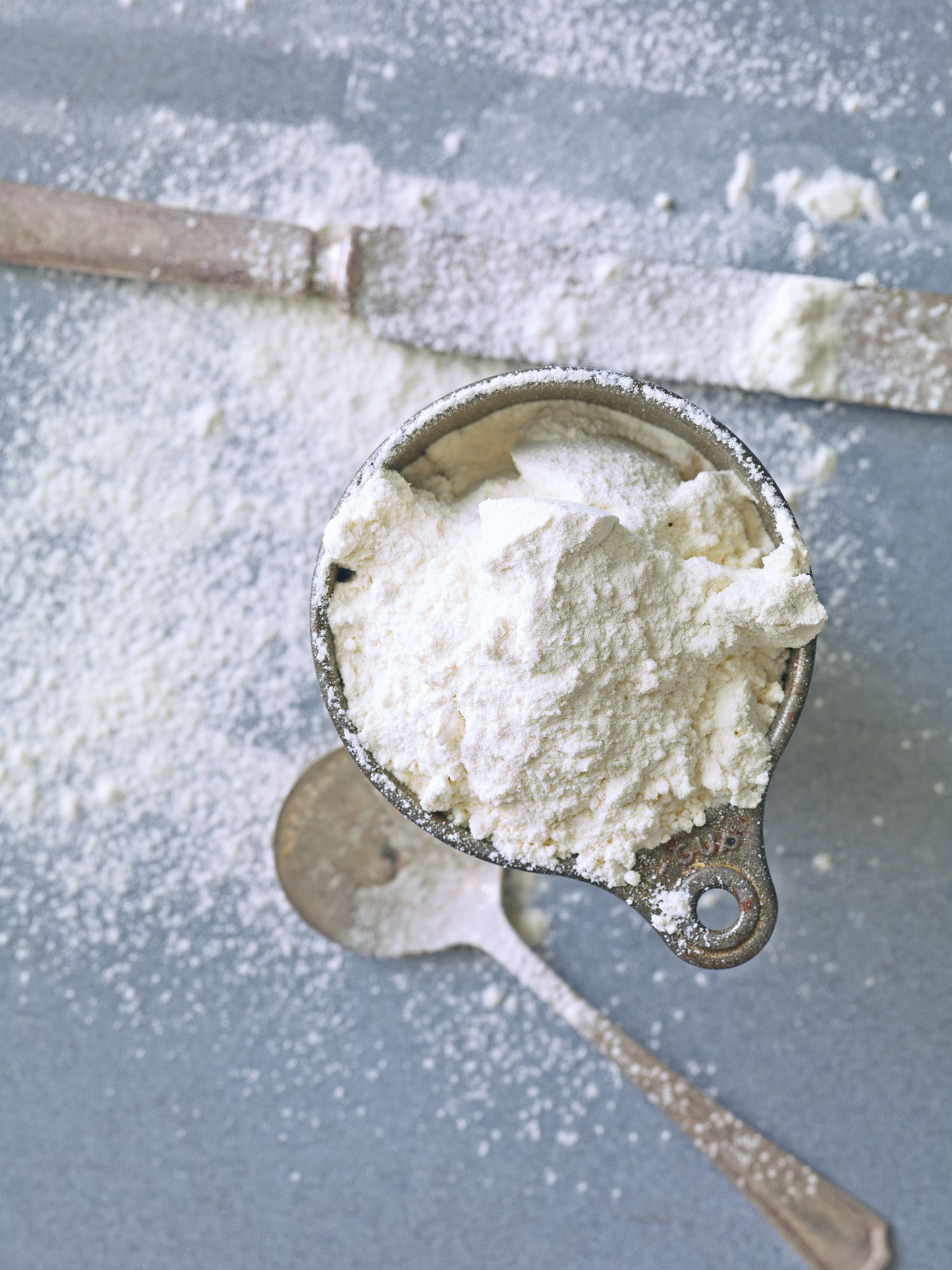
You might think the bag of bread flour you’ve been storing in your pantry for a few years already is indestructible, but it’s actually much more vulnerable than you’d think. Although it takes a long time, relatively speaking, flour can definitely lose its taste and quality, despite being kept in properly sealed packaging. The signs that your flour has definitely gone bad are a nasty smell coming off it and weevils being in there. These tiny insects look a little like larvae. So, haven’t used your flour in a while? Check it properly before you use it!
2. Microwaves get rid of the nutrients in your food
Microwaves are so useful that we all just assume that there must be something wrong with them. From a health point of view, though, they’re completely harmless. When you cook food in the microwave, you’re actually exposing it to the heat for a shorter time than you would on the stove. For that reason, some experts actually suggest that microwaves can help your food to better retain its important nutrients.
3. You should rinse your pasta with water
Although many people are convinced your should rinse your pasta with cold water to optimise the taste and texture of the pasta, this turns out to be very untrue. Rinsing the pasta also means you rinse away the natural starch that helps the sauce stick to it. This means your dinner will be considerably less tasty if you rinse the pasta.
4. Well-done meat is safer
There’s a reason why some experts shake their heads when you ask them to make sure your steak is well done. You’re not just ruining the taste and texture of the meat, but there also isn’t any evidence whatsoever that cooking the meat until it looks like leather helps to kill any more bacteria. All you need to kill the bacteria is a temperature of around 65 °C within the meat.
5. Salt causes water to boil quicker
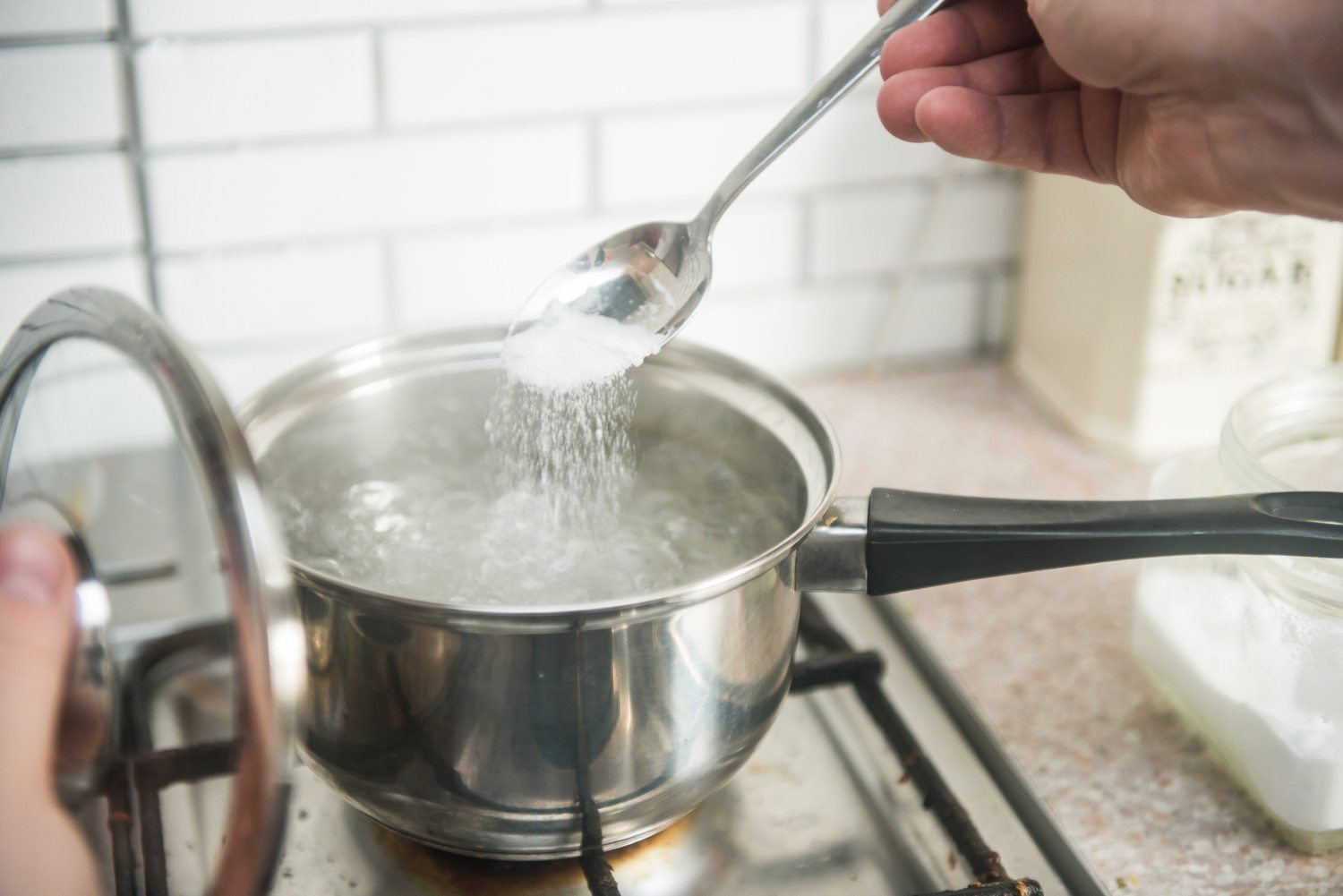
Although every single chef seems to sprinkle a good amount of salt into the water before turning up the heat, the only effect this has is changing the taste. In fact, salt can even increase the cooking time, due to a phenomenon that’s known as ‘boiling point elevation’.
6. The red liquid that comes out of meat is blood
Some of the vegetarians among us will probably start to go pale and feel nauseous at the sight of the red liquid that dribbles out of meat. The reality is that there’s nothing to fear. The juice isn’t blood; it’s actually myoglobin. This is a protein that’s released when red meat is heated. So, the meat isn’t as bloody as people might think.
7. All salt is pretty much the same
When a recipe calls for ‘salt’, you probably just sprinkle some of your regular salt over your food. The reality is that there are different types of salt that do different things. Table salt, for example, is much finer and therefore ‘salter’ than sea salt. And kosher salt is much better to cook with than to season with.
8. Sharp knives are the most dangerous
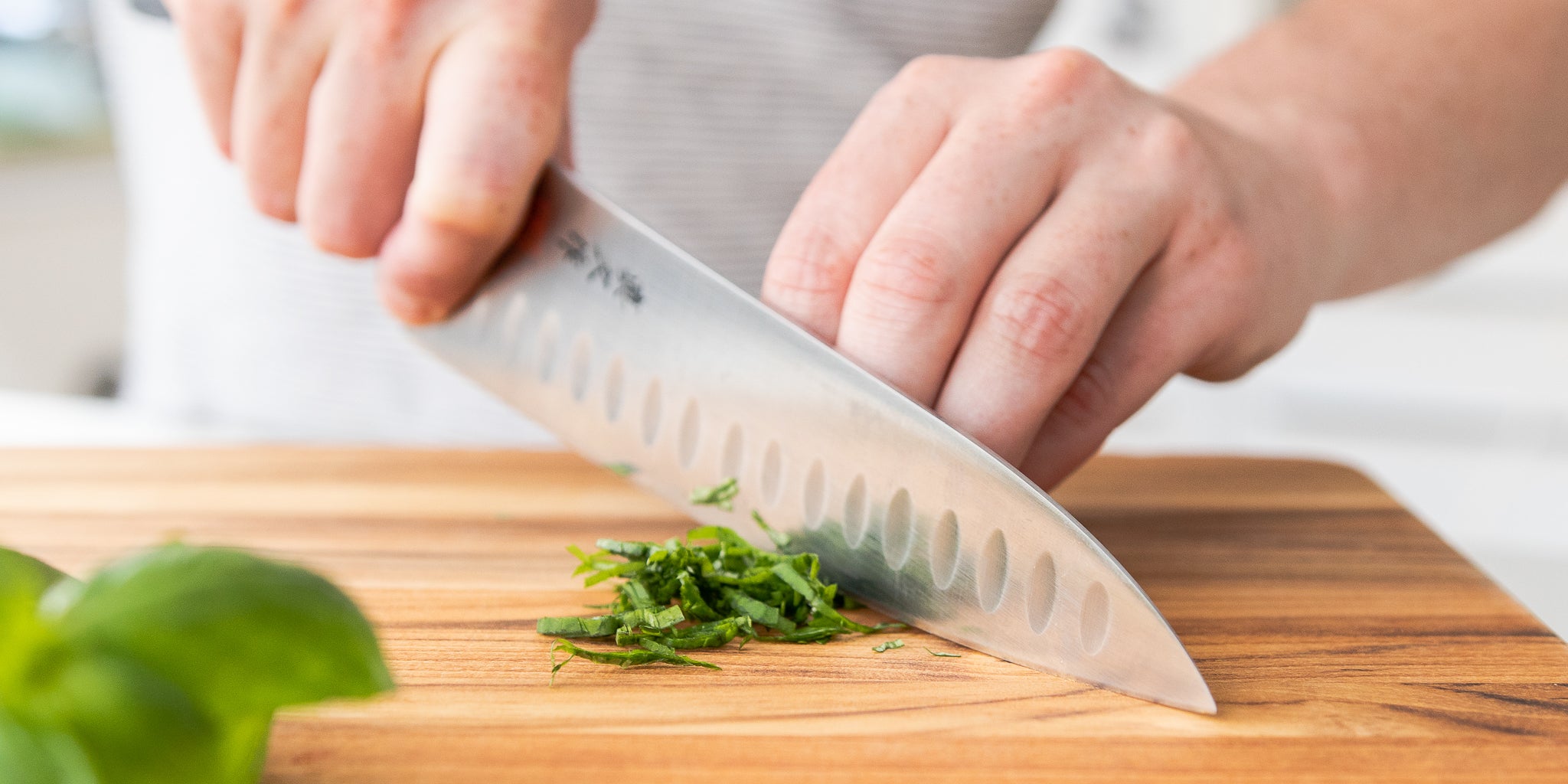
Cutting and dicing your food with dull knives might sound like a safer endeavour than cutting with a sharp knife. Yet this isn’t the case and most kitchen accidents are actually caused by dull knives. Cutting with a dull knife is practically the same as cutting with a pointy spoon: not very handy. When you’re cutting or dicing with a dull knife, it’s more prone to sliding away when you apply pressure. Sharpening your knives means you have to apply less pressure to the knife and you can avoid a nasty injury in the kitchen.
